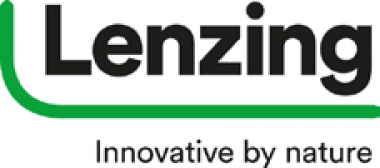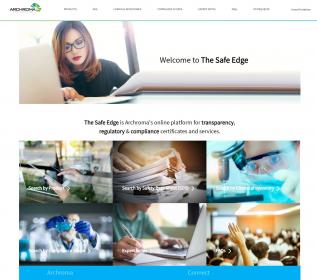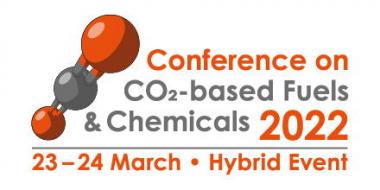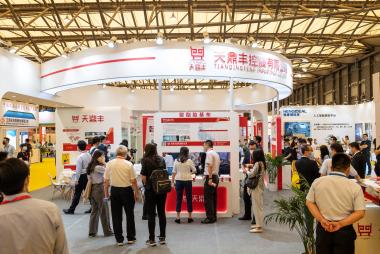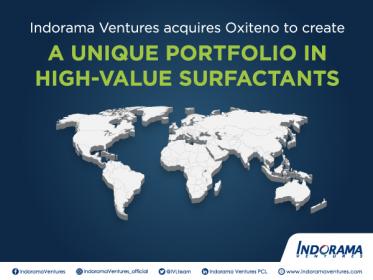Lenzing presented its sustainable processes at FILO
Lenzing presented at FILO its sustainable approach and on a selection of key innovations such as TENCEL™-branded specialty fibers.
As part of the space dedicated to Cittadellarte – Fondazione Pistoletto and Fashion B.E.S.T., the first Italian collective of responsible fashion designers, a selection of TENCEL™’s key technologies were under the spotlight:
- TENCEL™ x REFIBRA™, using cotton textile waste and wood pulp as the feedstock for cellulosic fibers, creating a circular solution;
- TENCEL™ x Indigo Color, infusing pigment into fibers directly during the spinning process;
- TENCEL™ Luxe, providing superior aesthetics, performance and comfort to be the perfect partner of other noble fibers such as silk, cashmere or wool;
- TENCEL™ Carbon Zero, offering carbon-zero CarbonNeutral®-certified products by Natural Capital Partners;
- TENCEL™ x Eco Clean, bringing totally chlorine-free-bleached TENCEL™ Modal fibers to the textile industry.
Lenzing's priority has been to produce fibers for many sectors (fashion, beauty care, cleaning, hygiene and home textiles) in a sustainable way. Each Lenzing product is made of cellulose from wood, a renewable natural resource, coming only from certified sustainable sources.
The Lenzing Group operates two commercial-scale biorefineries with 100% wood utilization, which ensure that the totality of wood constituents are used to produce fibers, biobased chemicals, and bioenergy, thus maximizing value creation from an economic and environmental perspective. This concept was illustrated by Carlo Covini, Lenzing Business Development Manager Italy & Switzerland, in his presentation “Lenzing’s biorefinery concept”.
Menabò Group


